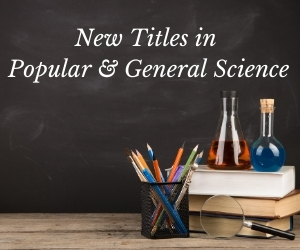System Upgrade on Tue, May 28th, 2024 at 2am (EDT)
Existing users will be able to log into the site and access content. However, E-commerce and registration of new users may not be available for up to 12 hours.For online purchase, please visit us again. Contact us at customercare@wspc.com for any enquiries.
Publications are the currency of academia. And yet, many people in the sciences, and especially mathematics, are never actually taught how to write. More specifically, they are not taught how to edit, redraft and revise their material so that the presentation is optimal for the reader. Most academic articles are appallingly written, even by native English speakers. One of the core problems is that most scientists hate writing and put only the bare minimum of effort into it. Furthermore, academic articles too often read like a first draft, with little understanding that all writing is editing. However, academic writing is a skill like any other that can be broken down into stages. This book will go through the detailed process of assembling an article, from first drafts to writing abstracts to revision to responding to reviewers, illustrated with multiple versions of worked examples as well as what not to do.
Sample Chapter(s)
Preface
Chapter 4: Refinement: This Is Where Your Manuscript Truly Begins…
Contents:
- The First Draft: This is Not Your Manuscript
- The Introduction: The Goldilocks of Writing
- Collation: Filling in the Gaps
- Refinement: This Is Where Your Manuscript Truly Begins...
- Sentence Logic: Following Through What You Started
- Responding to Professional Feedback: The Most Important Writing You Will Ever Do
- What's Next?: Talking the Talk
- Summary: Don't Be Dull
Readership: Undergraduates, graduates and researchers in the field of sciences.






